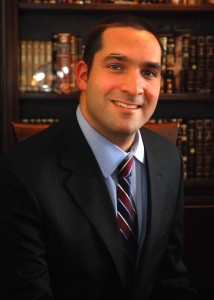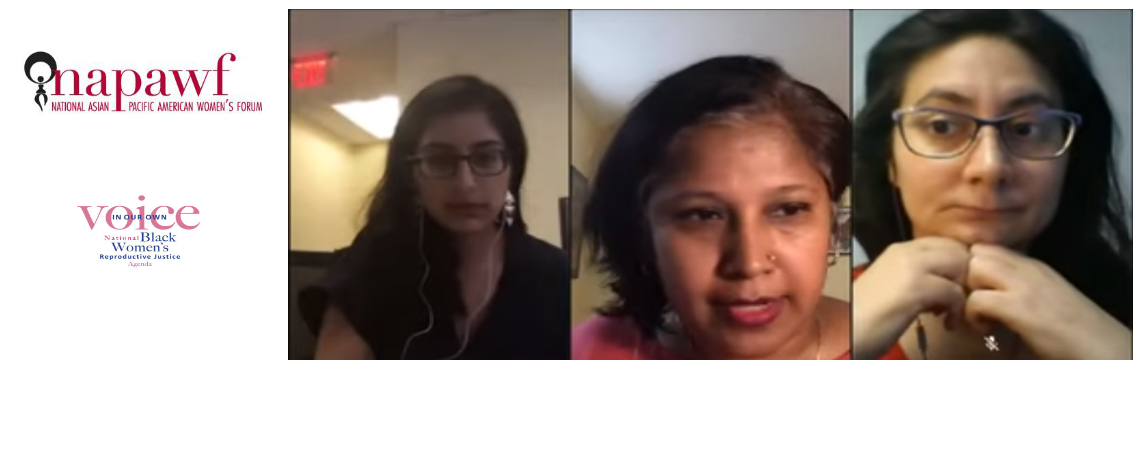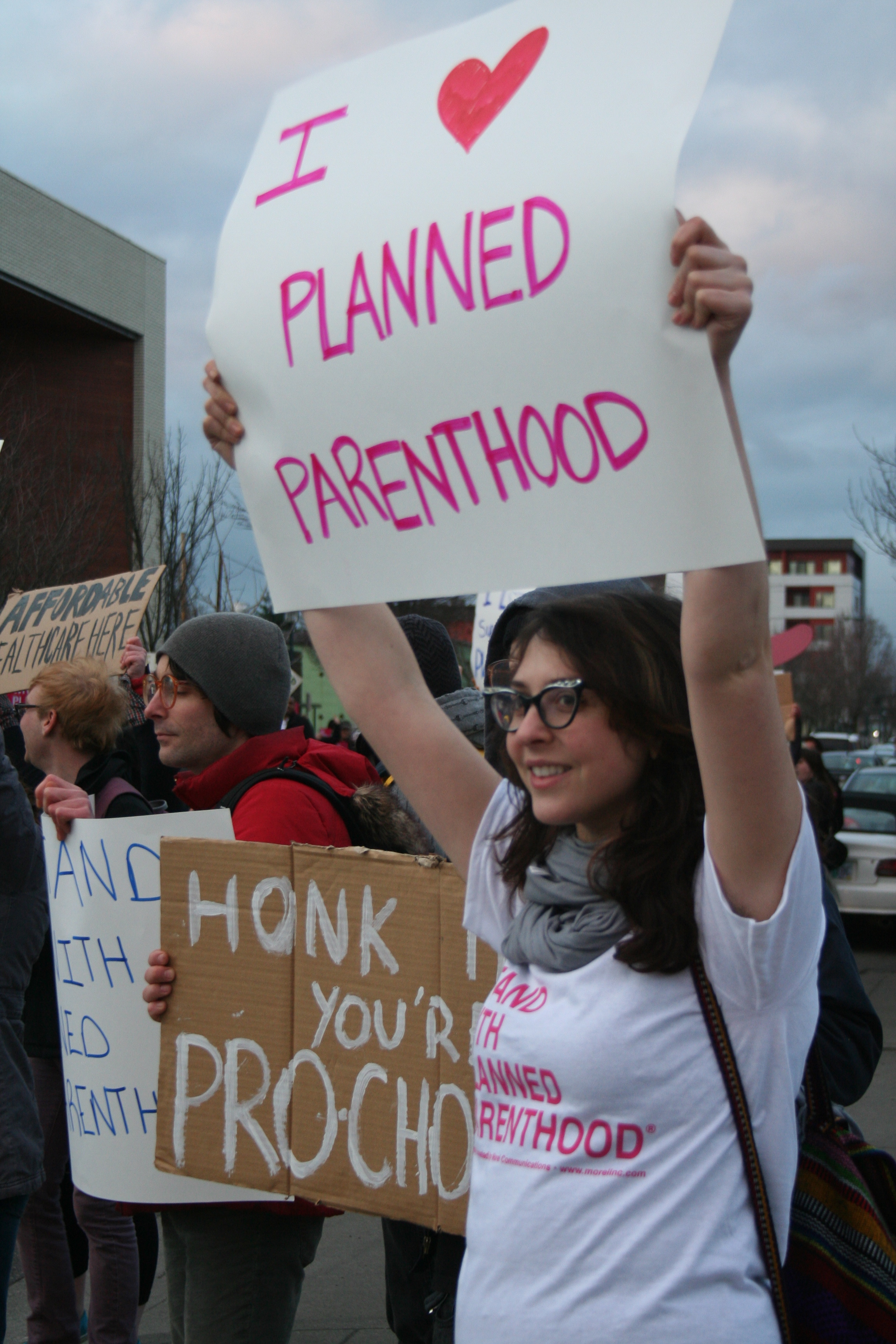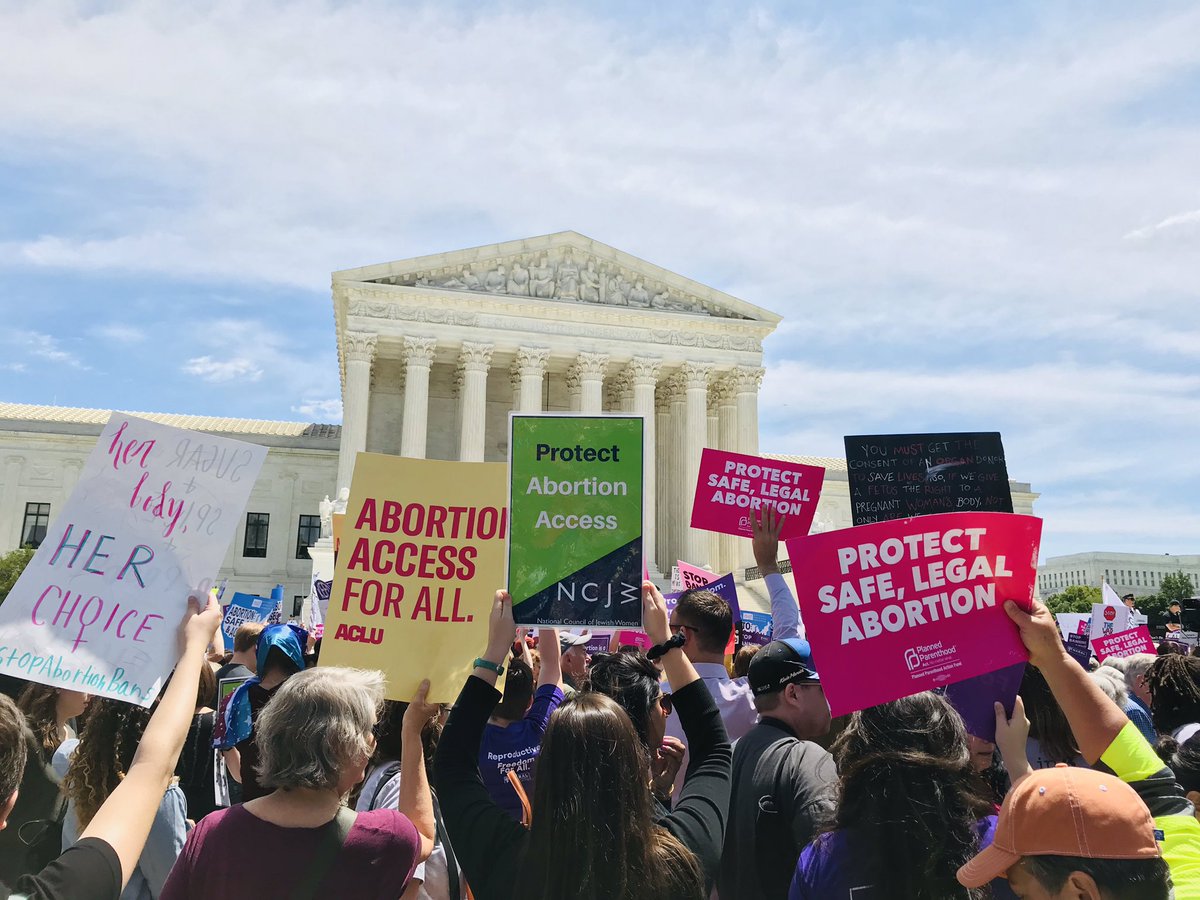By Maurice Pianko. Maurice is the founder of Intern Justice and Pianko Law Group PLLC. A graduate of Fordham Law School, his practice concentrates on wage and hour litigation under the Fair Labor Standards Act.
Two years ago, I came up with the concept of Intern Justice. Intern Justice is comprised of private lawyers specialized in unpaid internship lawsuits. When I started, there were very few cases filed, and many former unpaid interns were afraid to speak up for fear of ruining their future career prospects. Since then, there have been over 30 unpaid intern lawsuits filed across the country, with many cases originating from my office. I’ve filed and settled more than half a dozen internship cases in addition to numerous outside of court confidential settlement agreements. I’ve brought internship cases in Missouri, Tennessee, and California — being one of the few law firms to bring these cases outside of New York. By filing many cases, we’ve tried to build case law to make it clear to private employers that employing someone without paying them is an unacceptable practice. As it turns out, to my knowledge, none of those who have stood up for their wages have had trouble finding subsequent employment.
Unpaid internships are now on the way out. In the face of continuing litigation, companies like Condé Nast have decided to end their internship programs altogether, rather than treat interns as employees who deserve to be paid like any other employee. Many more have decided to do the right thing and offer paid internship programs as a way for prospective full-time hires to gain valuable experience while still getting paid for their work. The end of the unpaid internship era could not have been possible without the courage of former unpaid interns like Diana Wang, Erica Van Rabenswaay, and Robert West, and the determination of attorneys willing to take multi-billion dollar corporations to Court so that those on the lowest rung of the corporate ladder could get fair wages. If 2012 represented the beginning of the end of unpaid internships, 2014 represents the climax of that system.
It’s not as if unpaid internships suddenly became illegal. Internships have always been a grey legal area under the Fair Labor Standards Act. For nonprofit organizations and government agencies, unpaid internships are generally acceptable as long as the intern does not have any expectation of compensation. Private companies, on the other hand, must meet six requirements set by the Department of Labor. The gist of the Labor Department’s guidelines is that the internship has to primarily benefit the intern. For years, however, private companies were able to exploit several appellate court rulings holding that they could get some benefit from the internships as long as the intern came out ahead overall.
I say “exploit” because the interns never came out ahead. In the Fox Searchlight Case, U.S. District Judge William H. Pauley III found that interns were typically involved in drudgery tasks that had little to no educational value, such as making copies. And this makes sense — after all, private companies typically aren’t in the business of teaching young people the skills they need to succeed in the workforce. As Boston University Law Professor Michael Harper wrote, “If they are supervising those people, it’s because those interns are going to help them get their work done.” Evidence shows that unpaid internships are far from the career booster many young people believe them to be. A 2013 study found that the median starting salary for those with unpaid internship experience was far less than those with paid internship experience. According to the study, unpaid interns are even worse off in terms of starting salary than college graduates with no internship experience. And, this doesn’t even get into the profound social consequences of unpaid internship programs in so-called “glamour fields” like journalism, entertainment, and sports.
Though my office operates as a for profit law firm, Intern Justice has never been about rounding up plaintiffs for a huge class action in which primarily the lawyers (on both sides) would benefit. Instead, this is about social justice litigation through the courts. We’ve shown that it’s okay to demand what’s yours using our judicial system. If your former employer is forcing you to resort to the courts to get paid what you should have gotten paid up-front, that’s their problem. There’s still a lot of work to do, though. The ultimate goal here is to end unpaid internships in the private sector. Getting paid for your work is the sign that your labor is respected and valued. When an intern gets a paycheck it shows that their employer respects and values their contributions. When they don’t, it can dampen earnings potential for life.
Changes in our wage laws has occurred before. At one time, child labor was widely accepted, until the Fair Labor Standards Act curbed it. Because of the work my office is doing, the same thing is happening to unpaid internships right now. Just look at how the media perception of this issue has gone from “entitled whiners” to “exploited workers.”
Those who are new to the workforce have little to offer in the way of skill and experience, and have correspondingly little bargaining power. For that reason, interns are exactly the kind of worker the minimum wage is supposed to protect. It functions as a union for those who don’t have a real union. It sets the floor of what society believes to be the bare minimum a worker should be paid. (Never mind that in most of the country, it’s impossible to live off of the federal minimum wage of $7.25). And, it allows young people trying to break into a career to have some measure of dignity in their first jobs.
There’ll always be a time and place for volunteerism, and I’m not trying to end that. Soup kitchens, hospitals, nursing homes and schools have always relied on volunteers from the community to make their institutions work, and that’s great. It’s labor exploitation on the part of for-profit private enterprises that I’m trying to stop, and if 2014 is any indication, in two years, there won’t be that much further to go.
Follow Maurice on twitter: @internjustice
Maurice is an author of a law review on this topic: Dealing with the Problem of Unpaid Interns and Nonprofit/Profit-Neutral Newsmagazines: A Legal Argument that Balances the Rights of America’s Hardworking Interns with the Needs of America’s Hardworking News Gatherers recently published in the Rutgers Law Record.






I believe Maurice Pianko is doing a great job of opening the eyes of others were is work is work in any country and in any languages everyone and anyone should be respected and paid for task at work being done great job Maurice
Thank you for your comment.
It’s really a great job. I will share this article in my FB page ‘Laws for human and societies’.
Thank you for your comment.